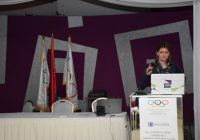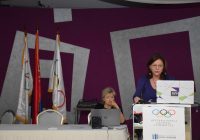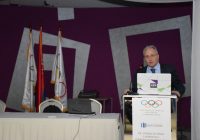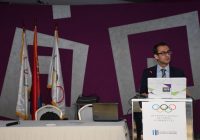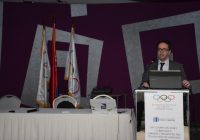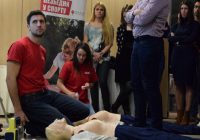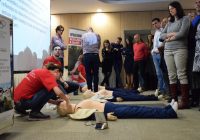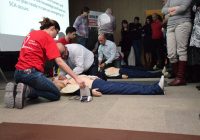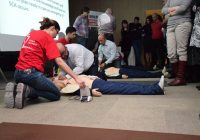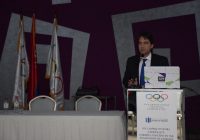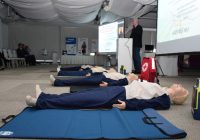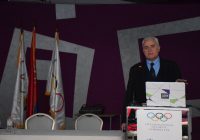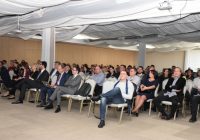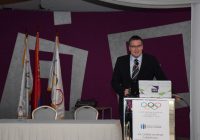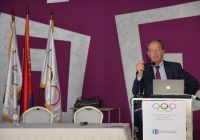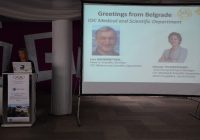Welcome!
The Organising Committee for 2016 IOC course on sport cardiology: Current concepts in the evaluation of athlete’s heart has a great honour to welcome the experienced faculty and delegates to Belgrade, Serbia. This course is following a long tradition that started in Lausanne. Following IOC courses were afterwards during Olympic Games in London, next was hosted by the CONI in Rome, by the Aspetar in Doha and in 2015 course was held in Buenos Aires, Argentina. By hosting the 2016 event in Belgrade, we are hoping to make IOC courses more available to our colleagues from Balkan and South-East Europe. The excellent feedback, received from previous participants, has encouraged us to continue with development of the IOC concept, making it very valuable to experienced sport cardiologist, but also to selected group of team physicians. In this current, 2016 edition we will continue with a proven tradition of the IOC, presenting the current issues in sports medicine and cardiology through the lectures, real-life cases and hands-on workshops. Our aim is to foster discussions and interaction among all participants and faculty around clinical conundrums, facing the team physician working with the elite athlete. We will also organize some time for informal social interaction between participants, and we assume that no one will miss the opportunity to build an international network with experienced colleagues among faculty and delegates. There are many situations in which you can benefit, consulting a colleague for various perspectives or practical experiences.
A warm welcome to Belgrade, Serbia!
The vision of the course
Experienced speakers from Italy, United Kingdom and Serbia strive together towards the one goal – to make this 2-day event at least as successful as all the previous ones. We are planning to organize this sports cardiology course as a dynamic discussion of current issues related to the athlete’s heart, introducing the current, most up-to-date concepts in its evaluation, followed by live demonstrations, giving all participants an opportunity to learn from the best in this field of cardiology. We will also discuss controversial topics and present new evidence on diagnosis and treatment. Our aim is to build a strong bridge between team physicians and experts in the field of sports cardiology and enable them to share experiences and knowledge, though sessions and discussions. We have also created a social program to foster discussions and create an excellent possibility for networking outside the scientific sessions. We know from previous experience that this opportunity is highly appreciated.
Course venue
Belgrade is the capital of the Republic of Serbia and is, as such, the country’s largest city with a population of about 1.8 million people. It lies on the confluence of the two major European rivers, Sava and Danube. The city has a long history, dating back to the 4th century BC, when the area was settled by Celtic tribes. Later on, it became the Roman city of Singidunum, and relics of that era can still be seen in the city, particularly at the green heart of Belgrade center, Kalemegdan Fortress.
Due to its strategic point, on the crossroads of many cultural and trade routes, it has very rich history, and the influence can be seen in the modern time. Today it is the center of the cultural and economic life of Serbia and the region.
Belgrade is also a home to numerous monuments and buildings such as: Saint Sava Temple – which is one of the largest Orthodox churches in the world, built on the spot where the Turkish vizier, Sinan-pasa burned the holy relics of Saint Sava in 1594. Also, Skadarlija, or Skadarska street, which is a cobblestone paved, pedestrian street filled with restaurants and cafes with live music, which hold the spirit of the old Belgrade. Blank-walled buildings on the south side have been painted with impressive ‘trompe-l’oeil’ paintings to add to the atmosphere. The newest “giant” of the modern architecture is Ada

